Council Presents its Issues to the US Supreme Court
Council Presents its Issues to the US Supreme Court
 On January 24, 2017, the International Imaging Technology Council (Int’l ITC) filed a friend-of-the-court (amicus) brief in the case of Impression Products v. Lexmark Int’l Inc., which is being heard by the U.S. Supreme Court.
On January 24, 2017, the International Imaging Technology Council (Int’l ITC) filed a friend-of-the-court (amicus) brief in the case of Impression Products v. Lexmark Int’l Inc., which is being heard by the U.S. Supreme Court.
This is the sixth amicus brief filed by the Int’l ITC in support of free trade in imaging supplies, and the fourth to be filed with the U.S. Supreme Court.
The Int’l ITC wants decision-makers at all levels of government to know about the importance of the cartridge remanufacturing industry, and these briefs educate the justices as to our existence, importance and issues. They also discuss the laws that are being adjudicated in the case, and the importance of a fair and open marketplace for imaging supplies.
The decision, in this case, will decide the fate of Lexmark’s prebate program, which has been the anathema of the cartridge aftermarket since it was introduced in 1997. The question is whether a manufacturer of an original product (here, a printer cartridge) can impose a patent license on the cartridge buyer to thwart his decision to remanufacture or recycle it.
Also under consideration is the foreign exclusion to the first-sale doctrine, an exception created by inference in the Jazz Photo case, which claims that there is no patent exhaustion when an item is first sold outside the U.S. Lexmark has exploited that “hole” in patent law to extract so-called infringement fees from companies who brought their cores in Canada.
Patent law has a principle of patent “exhaustion” – sometimes called the “first sale” doctrine – that a patent owner who authorizes the sale of a patented product cannot impose post-sale patent restrictions on use or disposition of the product. After an authorized sale, further use, resale, or repair/reconditioning of the product does not infringe patents embodied in the product. In 2008, This principle was reaffirmed by the Supreme Court in Quanta Computer, Inc. v. LG Electronics, Inc. Int’l ITC submitted a friend-of-the- Court brief in that case and was rewarded with a unanimous Supreme Court decision that favored the aftermarket. However, Lexmark has continued to label its toner cartridges (on the cartridge and on the outside of the box) with a “patent license” that purports to prevent purchasers from having the cartridge remanufactured or recycled by anyone but Lexmark. Lexmark has sued dozens of remanufacturers for infringement claiming that the “license” avoids patent exhaustion.
AFTER AN AUTHORIZED SALE, FURTHER USE, RESALE, OR REPAIR/RECONDITIONING OF THE PRODUCT DOES NOT INFRINGE PATENTS EMBODIED IN THE PRODUCT.
In the brief, the Int’l ITC opposed any resurrection of the “conditional sales” cases discredited by Quanta, and reaffirming that otherwise lawful remanufacture cannot be thwarted by post-sale patent license conditions. “‘Conditional sales’ cases create uncertainty in the courts and the marketplace,” the brief states. “A trend this court should reverse.”
The second issue involves those foreign-purchased cores. The brief argues that: “An authorized sale, wherever made, exhausts all patent rights in the vended article. Patent exhaustion is a matter of common law, which has no geographic restrictions. Another recent U.S. Supreme Court case (the Kirtsaeng decision) applied this common-law exhaustion principle to copies of copyrighted works and affirmed that a straightforward application of the doctrine encompasses sales of copies made abroad, as exhaustion leaves buyers of goods free to compete with each other when reselling or otherwise disposing of those goods. Moreover, exhaustion frees commercial enterprise and the courts from the impossible burdens of determining and enforcing restrictions upon goods whose provenance cannot readily be traced.”
In other words, consumers and aftermarket members alike cannot possibly know the origins of every product (and components therein), so to allow patents to remain intact to all or part of it because of its foreign origin would totally frustrate commerce and place too many innocent people at risk for an infringement lawsuit (which is exactly what happened with the aftermarket players who purchased Canadian cores).
The brief also outlines policy arguments describing what remanufacturing services do, their contributions to the U.S. economy and job market, their pro-competitive effects on pricing and product availability, and their beneficial impact on the environment. It also argues that Lexmark’s interpretation of the law is a threat to the consumer’s right to repair its property, and promotes anti-competitive behavior.
The brief concludes with a call for the Supreme Court to reassure consumers and OEM competitors alike of a free and unfettered cartridge marketplace:
“If Impression Products is not reversed, competitors cannot presume patent exhaustion upon an authorized sale, and the ability to repair and remanufacture may only be determined through litigation. This Court’s precedents provide the only sensible rule, by deeming that patent exhaustion occurs upon an authorized sale anywhere in the world.”
The case has serious import for all remanufacturing industries, and “robust commerce” in general. The Auto Care Association joined with the Int’l ITC in the brief. Copies of the brief are available to Int’l ITC members on its website at www.i-itc.org, along with much more information about the cartridge remanufacturing industry.
 Tricia Judge has served as the executive director of the International Imaging Technology Council—a not-for-profit trade association serving imaging supplies remanufacturers and dealers—for 17 years. She was the executive editor of Recharger magazine for five years and a lawyer for 30 years. Judge’s work has been published in Recharger, Imaging Spectrum and several other industry magazines. She has won critical acclaim for her writing and industry advocacy. She prides herself in having assisted with the preparation of six friend-of-the-court (amicus) briefs and has presented the position of the industry to the US International Trade Commission. Since 2017, Judge has been the Senior Consulting Editor of RT Imaging World magazine and speaks at regional RT VIP Summits and RemaxWorld Expo in China.
Tricia Judge has served as the executive director of the International Imaging Technology Council—a not-for-profit trade association serving imaging supplies remanufacturers and dealers—for 17 years. She was the executive editor of Recharger magazine for five years and a lawyer for 30 years. Judge’s work has been published in Recharger, Imaging Spectrum and several other industry magazines. She has won critical acclaim for her writing and industry advocacy. She prides herself in having assisted with the preparation of six friend-of-the-court (amicus) briefs and has presented the position of the industry to the US International Trade Commission. Since 2017, Judge has been the Senior Consulting Editor of RT Imaging World magazine and speaks at regional RT VIP Summits and RemaxWorld Expo in China.
Her feature articles:
- Static Control Continues to Set High Industry Standards
- Brewer Reveals Impact on Imaging Supplies by COVID-19
- Aftermarket Scores Another Win – Canon loses: zero degrees is not an angle
- How Trade Associations Help Protect the Environment
- The U.S. Department of Energy Scores High with Remanufactured Cartridges
- Clover Imaging Ready to Take Remanufactured to the Next Level
- Uninet’s Mike Josiah Awarded Diamond Pioneering Award
Her Judge’s Ruling opinion blogs:
- Council Presents its Issues to the US Supreme Court
- The Trump Presidency: Good or Bad for the Aftermarket
- US Supreme Court to Hear Lexmark Impression Products Case
- Election and Business Results Are In
- Canon’s Latest Dongle Gear Actions: Canon’s Checkmate
- Mobile Apps that Rule for This Judge
Comments:
You can add your ideas and thoughts on this story, “Council Presents its Issues to the US Supreme Court” below or directly with Tricia Judge by email.

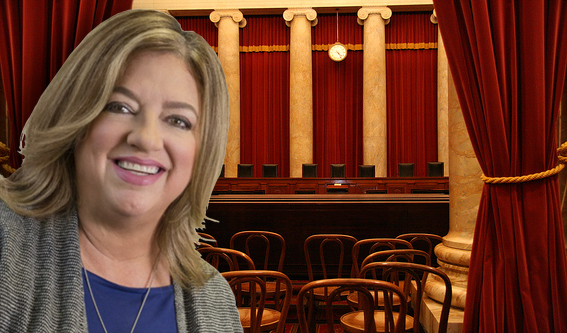
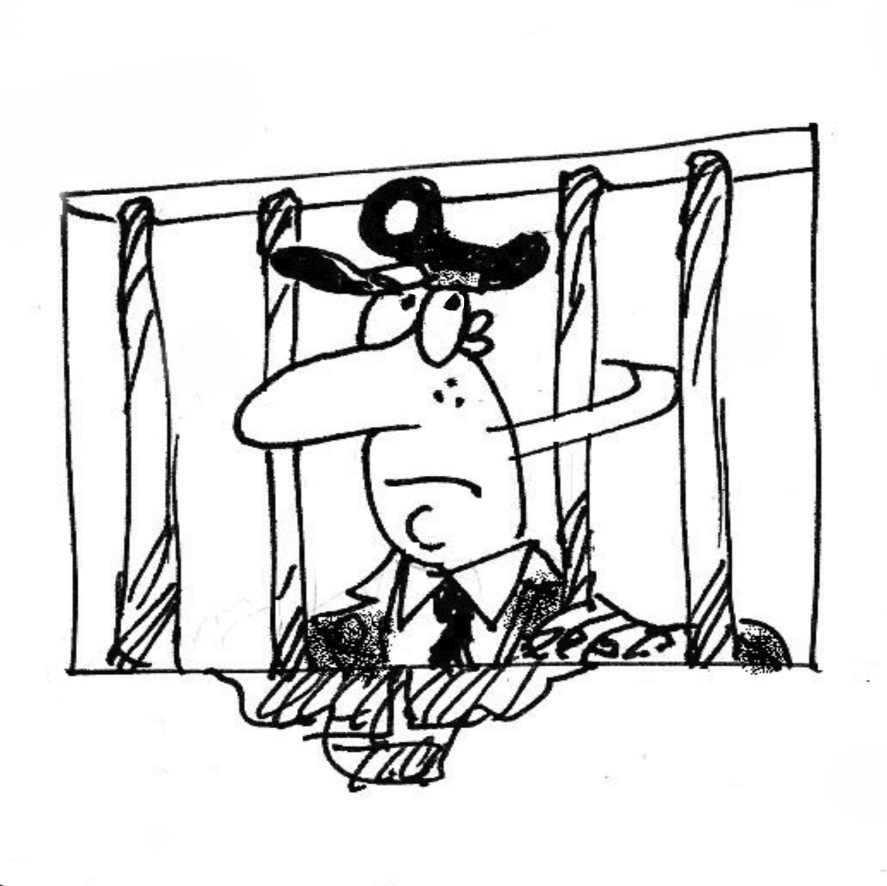
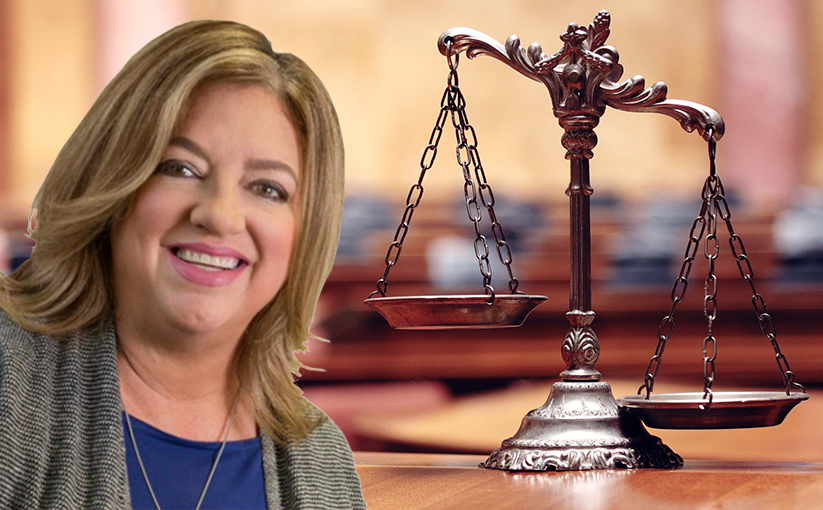
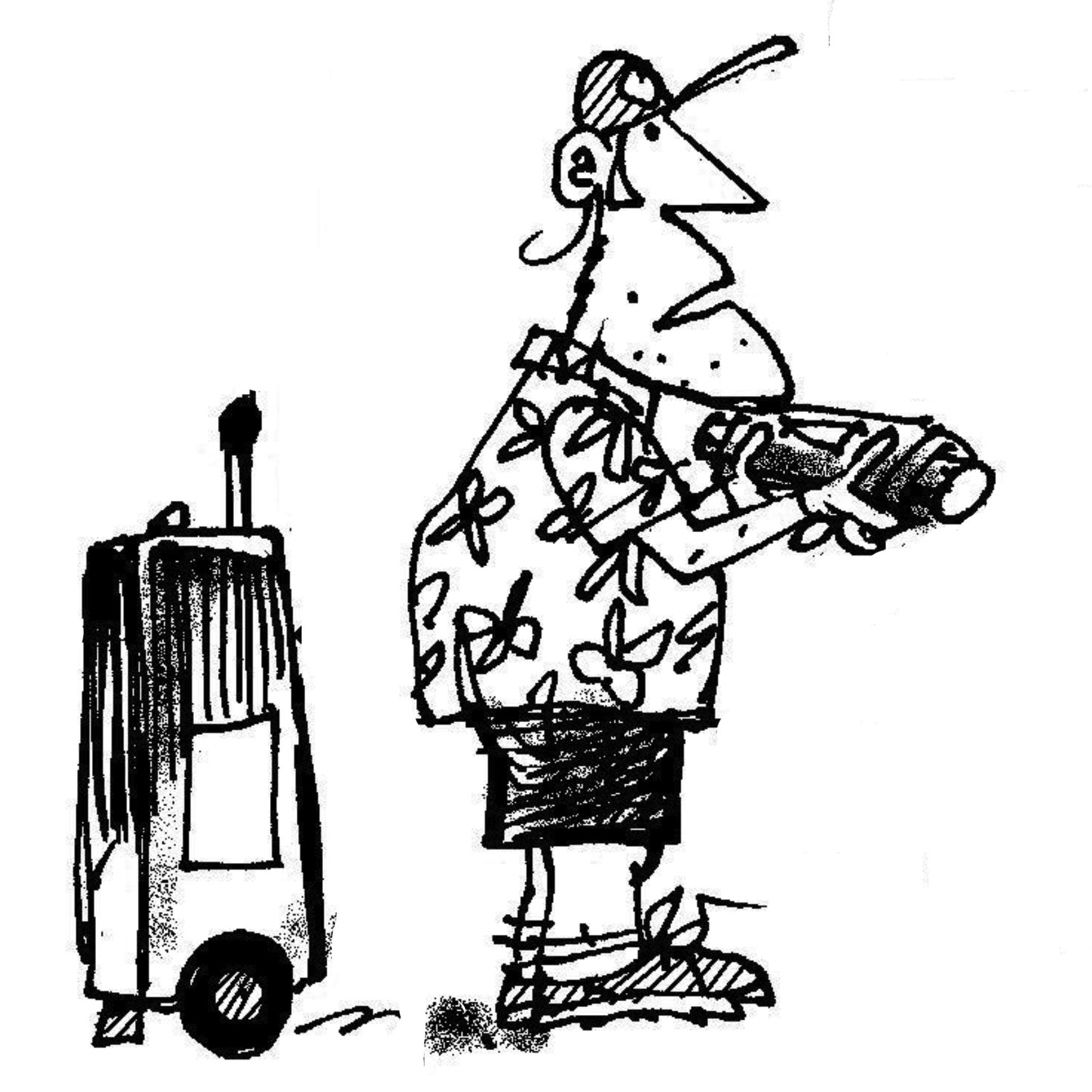
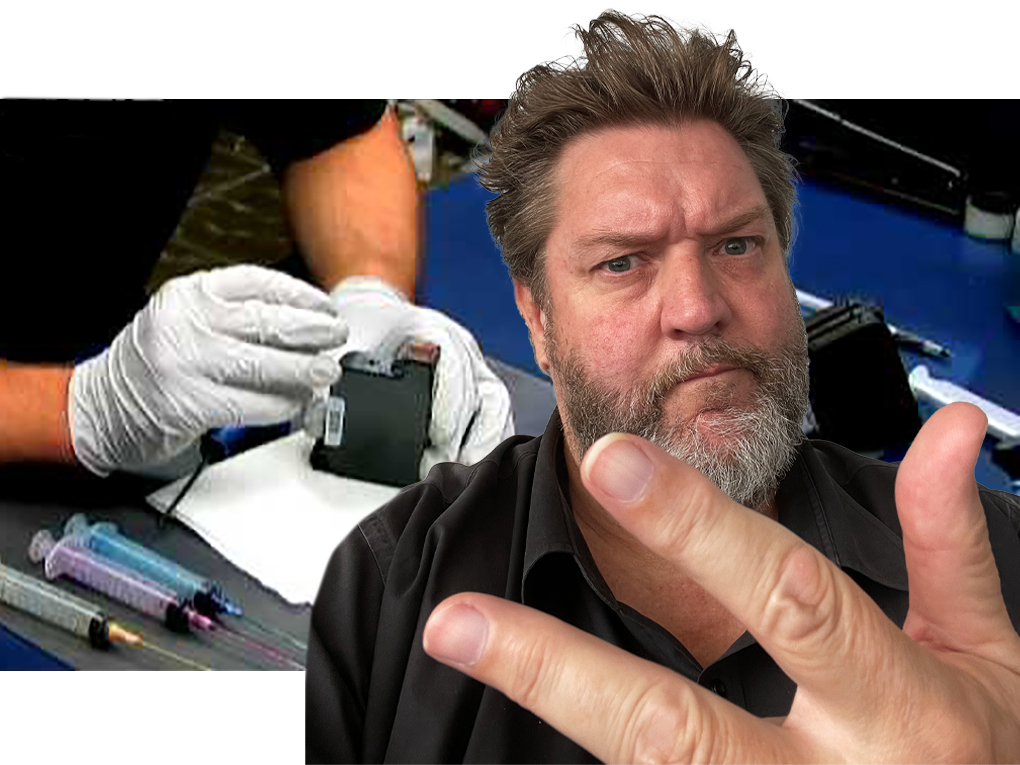
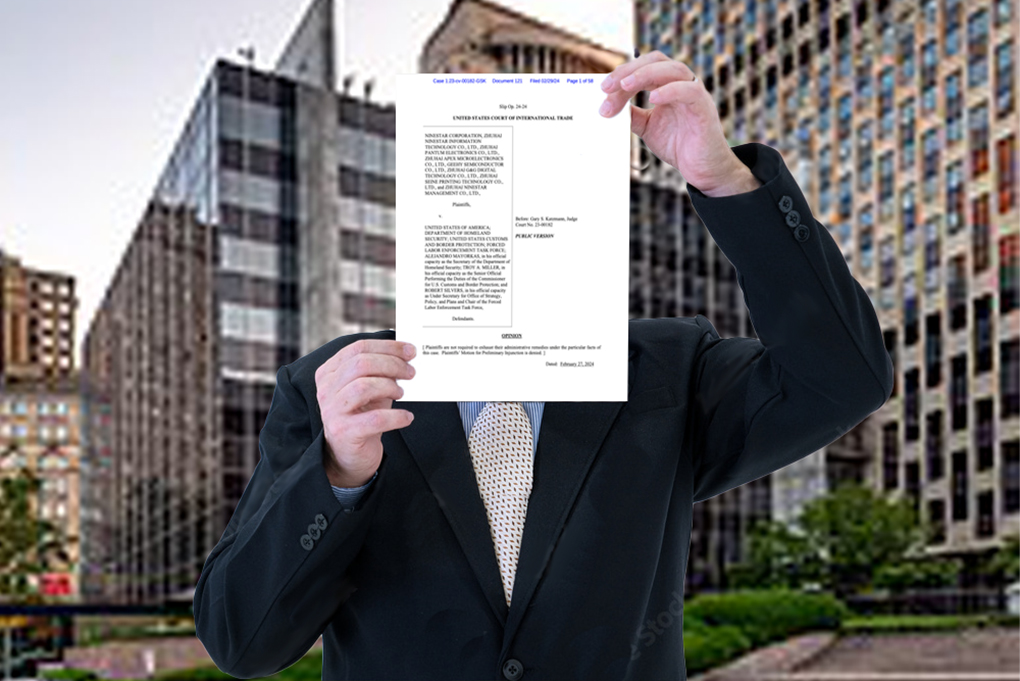
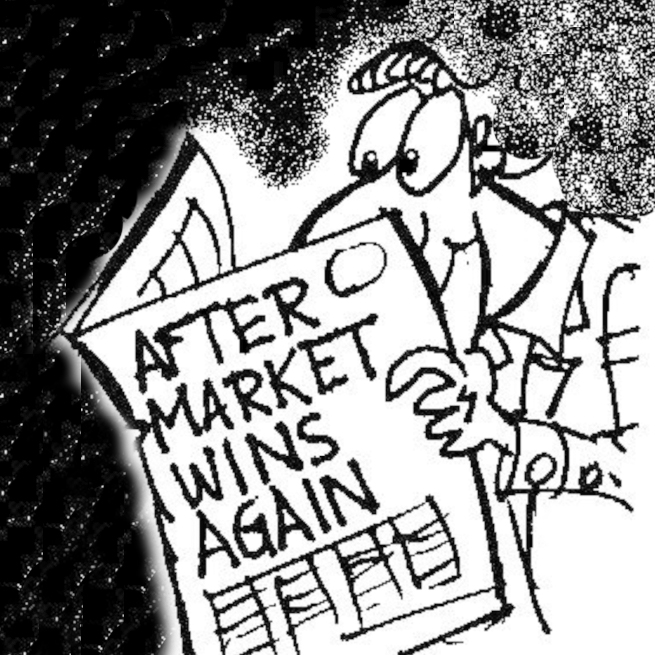

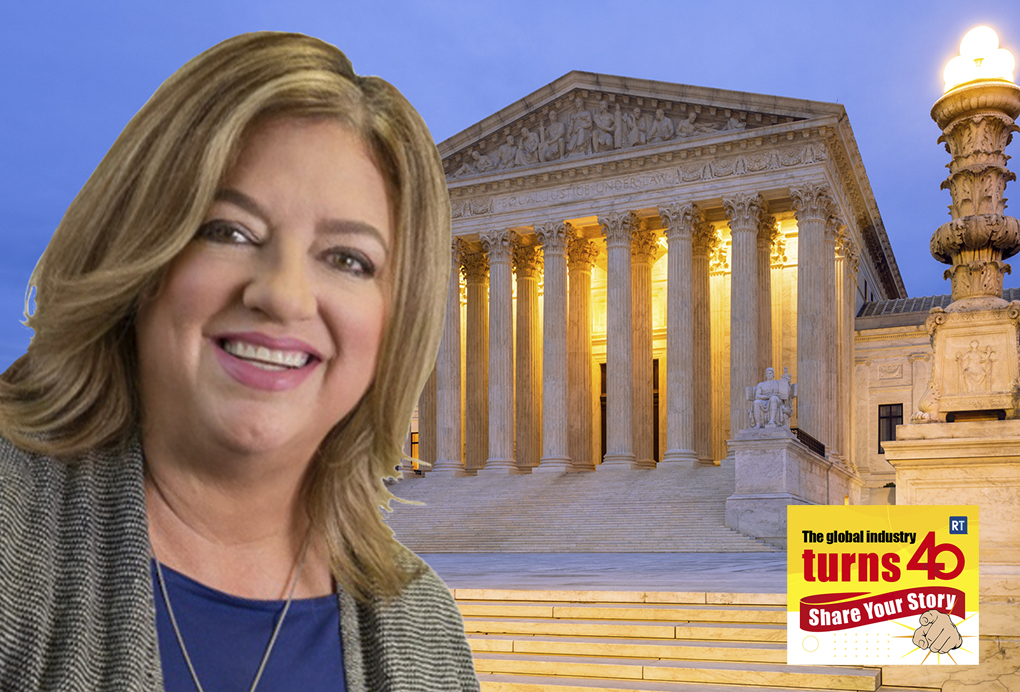


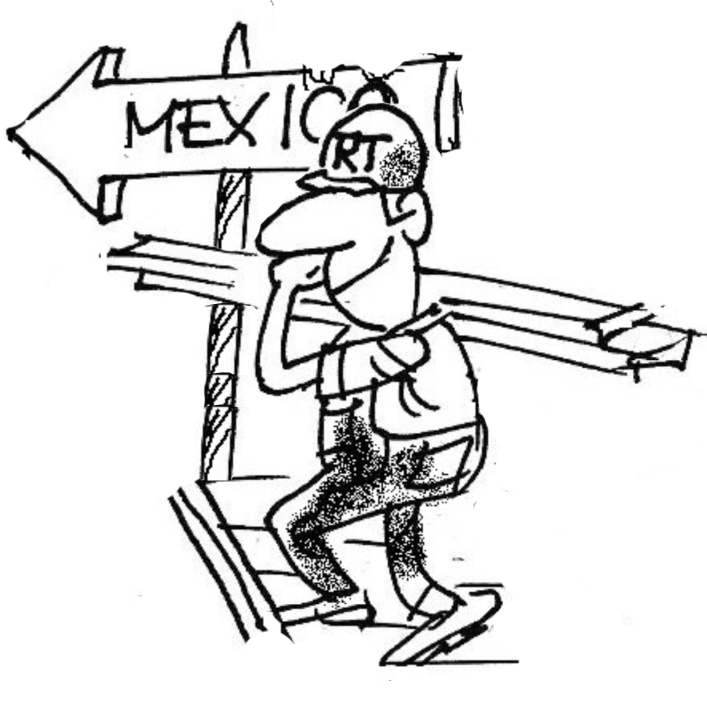
Leave a Comment
Want to join the discussion?Feel free to contribute!